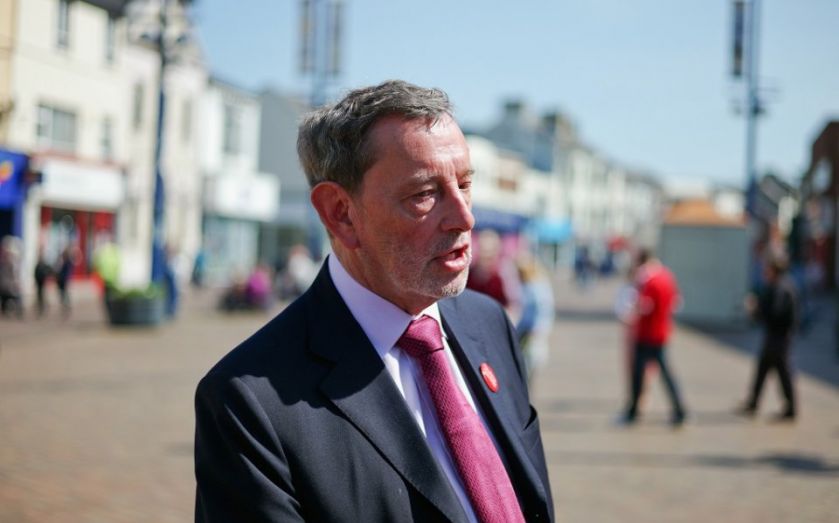Ed Miliband can’t win a majority because of SNP “tsunami”, says David Blunkett

Former Labour Home Secretary David Blunkett says Labour won't win a majority at the General Election because of the SNP surge north of the border.
Blunkett, who retired as an MP at the end of the last parliament, said the SNP had been allowed to pose the anti-austerity party and perpetuate the idea that Scotland wasn't represented at Westminster. Blunkett said it as though the SNP didn't realise Labour didn't have a Scottish Prime Minister and a Scottish chancellor of the exchequer. He described the SNP surge in some areas as a "tsunami."
Yesterday's STV News poll conducted by Ipsos Mori suggested the SNP could win every seat in Scotland. The poll showed the SNP on 54 per cent – a massive 34 points ahead of Labour. Scottish Labour leader Jim Murphy has struggled to hold off the SNP advance and is now in position where his party is almost level pegging with the Tories who are notoriously unpopular in Scotland.
Speaking to BBC's World at One programme, Blunkett said Miliband is: "unable to offer a majority Labour government because of what's happened in just one part of the UK."
The ex-cabinet minister claimed that voters in Scotland had "switched off" and were totally unreceptive to Labour's message. Answering questions over whether Labour would need to do a deal with the SNP to form a stable government Blunkett said it was possible for Miliband to govern without a formal agreement with Sturgeon:
It’s possible that we could put a minority government in place which did not have a formal agreement, was in not in hock to and did not find itself run by a minority nationalist party but could expect them to actually vote on things they themselves have committed to. I think that’s a possible scenario.
He added that broadening Labour's appeal beyond its base and recovering in Scotland would be key challenges for Ed Miliband. On an optimistic note for his party Blunkett said Labour was in better position to take seats in England than it was in the days of the 1980s when Scottish seats formed a critical part of the parliamentary Labour party.
[custom id="1"]